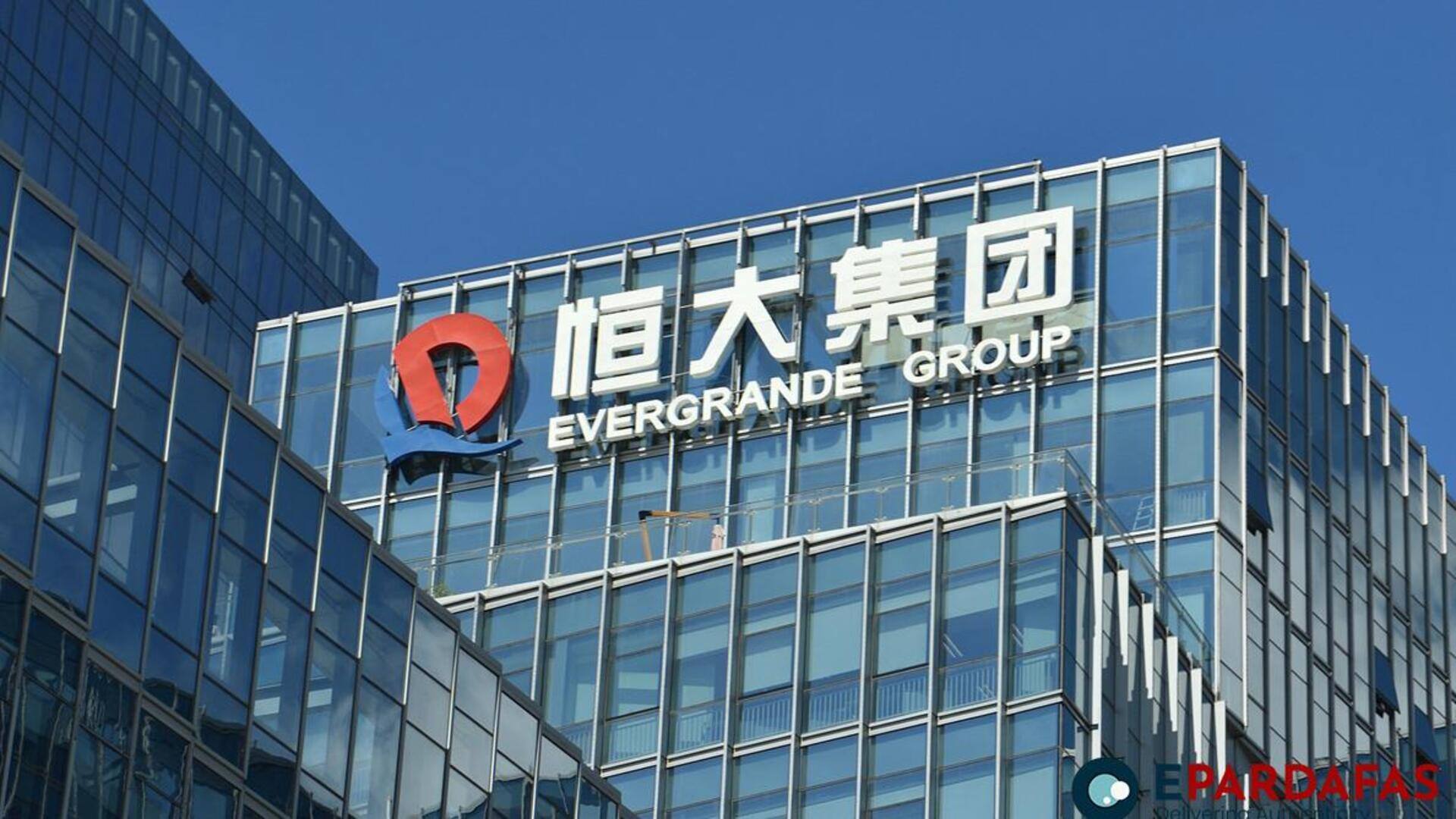
China Evergrande liquidation case adjourned until January: Here's why
What's the story
Hong Kong's High Court on Monday postponed the winding-up hearing for China's Evergrande Group, the world's most indebted developer, until January 29, 2024.
This surprising decision marks the seventh adjournment, giving Evergrande eight more weeks to negotiate with creditors and avoid liquidation.
Previously, the judge had warned that she was "highly likely" to grant a winding-up order if no restructuring plan was presented by December 4.
Details
Top Shine's lawyer does not press winding-up demand
The adjournment happened after Top Shine Global, the creditor that filed the lawsuit against Evergrande, did not push for the winding-up demand.
No explanation was given for this change in stance. Neil McDonald, a partner at Kirkland & Ellis representing an ad hoc group of creditors, expressed surprise at this development, stating, "The petitioner changed its position and didn't push to wind up the company, which was a surprise to us."
What Next?
Evergrande's revised debt restructuring proposals
Evergrande's lawyer requested more time for discussions on revised debt restructuring proposals with creditors.
The new plan suggests swapping creditors' debts for stakes in Evergrande's Hong Kong-listed subsidiaries and Evergrande itself.
The lawyer from Sidley Austin said, "There is still room for dealing with the issues," adding that some creditors have already shown support for the scheme.
Insights
Judge demands inclusion of all creditors and public disclosure
Justice Linda Chan emphasized that Evergrande must inform all classes of creditors about the debt restructuring plan, not just one group.
She said, "The company should talk to not only group A creditors but also group C creditors," adding that Evergrande must gather support from all creditors for the revised proposals.
She also ordered the company to inform the public about the new plans and provide details to creditors at least one week before the next hearing.
Facts
Liquidation v/s successful restructuring for creditors
Veteran liquidator Derek Lai, Vice Chairman of Deloitte China, noted that the expected return for creditors in a successful restructuring would typically be higher than in the event of a liquidation.
He said, "Once a company enters liquidation, the prices achieved from sales of certain assets could be lower than the prices achievable before a winding-up order is made."
Evergrande's future now depends on its ability to negotiate with creditors and present a viable restructuring plan by January 29.